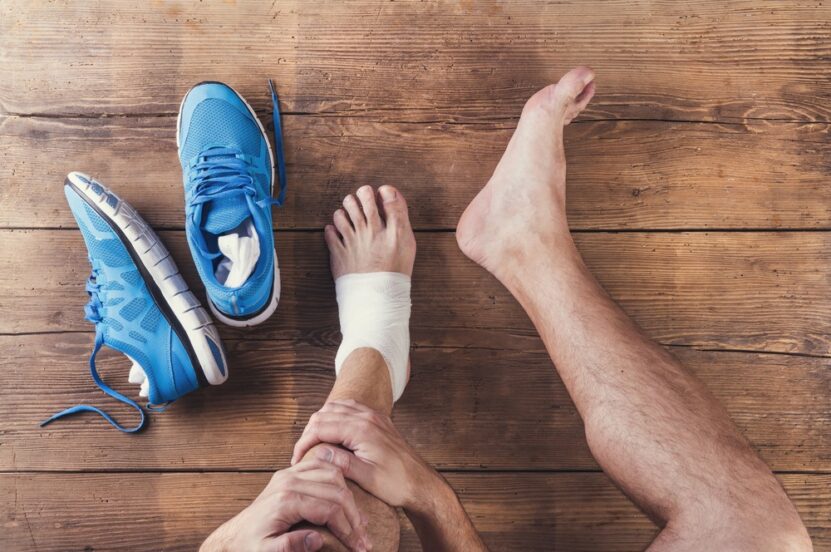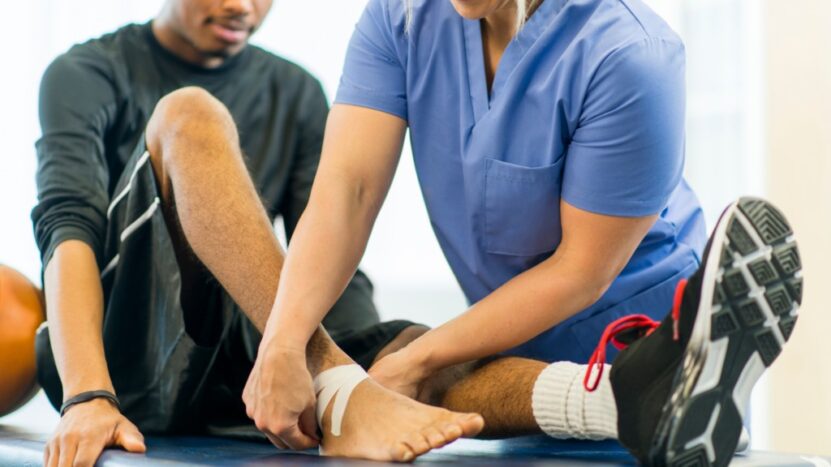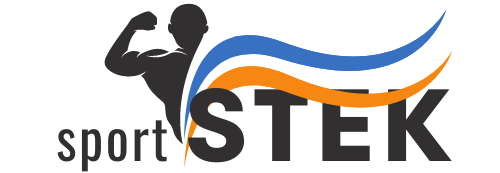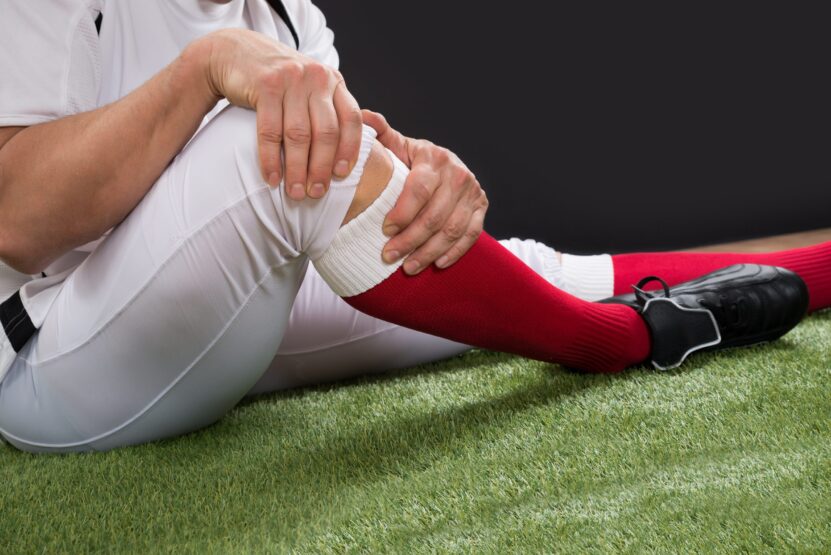The convenience of the internet allows athletes and fitness enthusiasts to find advice on managing injuries at any time.
However, the lack of regulation means unreliable or harmful information can spread quickly. A shocking number of individuals turn to online sources, only to worsen their injuries or delay proper treatment.
Online advice can range from life-saving insights to outright dangerous misinformation. So how can you spot reliable guidance? Let’s explore.
Key Points
- Check the credentials of the source before trusting advice.
- Look for evidence-based recommendations backed by science.
- Watch out for exaggerated claims or “miracle” cures.
- Cross-check advice with other trusted resources.
- Always prioritize advice from medical professionals.
Spotting Red Flags: When to Question Sports Injury Advice Online

The internet is an endless ocean of advice. Some of it is golden, but a lot of it is nonsense. Misinformation often comes wrapped in flashy presentations or overly technical language to sound credible. For example, an Instagram fitness influencer might recommend remedies that have no scientific basis.
To start filtering trustworthy advice, observe how information is presented. Tools like a word counter can help you analyze whether the source offers structured, consistent advice. Pay attention to language that sounds vague or too good to be true.
Red flags to keep in mind include:
- Claims of instant fixes or universal solutions for all injuries.
- Lack of references to medical research or trusted guidelines.
- Advice that contradicts widely accepted practices in sports medicine.
Even if a page looks professional, unreliable advice can hide behind slick designs or engaging videos. Remember, presentation alone doesn’t make information trustworthy.
Credentials Matter: Who Should You Trust for Advice?
It’s easy to fall into the trap of trusting someone based on popularity or follower counts. But when it comes to injuries, the messenger is as important as the message. A person with professional training in sports medicine or physical therapy offers credibility that influencers and bloggers cannot match.
Key Points to Look For in a Trusted Source:
- Professional Certification – Doctors, physiotherapists, or athletic trainers with verifiable credentials bring valuable expertise.
- Experience in the Field – Years of working with sports-related injuries often result in better advice than general health knowledge.
- References or Citations – Reliable sources provide links or references to studies, ensuring their advice is backed by science.
Never hesitate to double-check a professional’s background. An accredited professional will always prioritize evidence-based care.
Why Evidence-Based Advice is Always Safer

The recovery process for sports injuries is rarely straightforward. Effective treatment requires a personalized approach that accounts for your specific needs. Evidence-based advice ensures that any recommendation aligns with proven medical practices, reducing the chances of complications.
For example, someone with a sprained ankle might benefit from exercises aimed at improving stability and preventing re-injury. A reliable professional will suggest such steps backed by research rather than “quick-fix” tricks.
Some practices with evidence-based backing include:
- Gradually increasing physical activity.
- Structured physical therapy programs.
- Using braces, supports, or proper footwear when necessary.
Relying on unverified advice risks prolonging recovery or worsening the injury. Always prioritize methods grounded in real science.
Miracle Cures: Why They Are Too Good to Be True
“Quick fixes” dominate social media and blogs aimed at sports enthusiasts. The promise of instant recovery with minimal effort can be appealing. Unfortunately, many of these suggestions lack any medical basis.
Watch Out For:
- Products with bold claims – Devices or supplements advertised as “magic” solutions are often gimmicks.
- Unrealistic timelines – No legitimate method can promise full recovery in days for significant injuries.
- Over-reliance on testimonials – Personal stories may be compelling, but they aren’t evidence.
Consider this: if someone had a universal cure for injuries, wouldn’t every sports team in the world use it? Stick to advice that emphasizes effort, proper care, and patience.
How to Evaluate Online Advice Like a Pro

Sifting through online information can feel overwhelming, but some practical steps can make it easier. Treat every claim with a healthy dose of skepticism unless it meets specific criteria.
Steps to Evaluate Advice:
- Search for Consensus – Does the advice match what medical organizations or multiple experts say?
- Check Sources – Are references provided, and are they from credible journals or institutions?
- Verify Credentials – Make sure the person sharing advice has relevant expertise in sports medicine.
- Trust Recognized Platforms – Advice on sports injuries from hospitals or well-known health organizations is usually reliable.
By using these steps, you can weed out misinformation and avoid risks to your recovery.
Understanding the Risks of Following Bad Advice
The dangers of following poorly-researched advice go beyond wasting time. Incorrect treatments can aggravate injuries, leading to long-term damage. For example, using inappropriate exercises for a torn ligament could cause further strain and complications.
Trusting unqualified sources can result in:
- Prolonged recovery times.
- Development of chronic pain or mobility issues.
- Additional injuries due to improper techniques.
Seeking professional advice may require more effort initially, but it protects your health in the long run.
Platforms That Offer Trustworthy Guidance
Not all online platforms are created equal. The most reliable ones often collaborate with medical professionals and provide evidence-backed advice. They prioritize clarity, transparency, and user safety.
Features of a Reliable Platform:
- Articles written or reviewed by qualified experts.
- References to research or reputable medical organizations.
- Balanced language without overhyping claims.
The Power of Personalized Care

Your injury is unique, and advice should reflect that. An online guide may provide general steps for recovery, but it cannot address your specific needs. Personalized care accounts for factors like injury severity, fitness level, and recovery goals.
Benefits of Consulting a Specialist:
- Tailored treatment plans based on your situation.
- Guidance on proper technique to avoid worsening the injury.
- Access to proven methods and tools for faster recovery.
Did you know?
Social media accounts for a massive share of health misinformation? Platforms like Instagram and TikTok are filled with fitness advice, but much of it lacks scientific validity. Rely on evidence, not hashtags.
Final Checklist: How to Spot Reliable Sports Injury Advice
When in doubt, ask yourself the following:
- Does the source have proper credentials and expertise?
- Is the advice supported by evidence and aligned with medical practices?
- Are miracle claims or vague promises avoided?
- Are the platform and language professional and clear?
Conclusion
Your health is not something to gamble with. The internet offers plenty of resources, but not all of them are trustworthy. Always verify advice, prioritize evidence-based methods, and consult professionals when necessary. A careful approach now can save you from bigger problems later.

